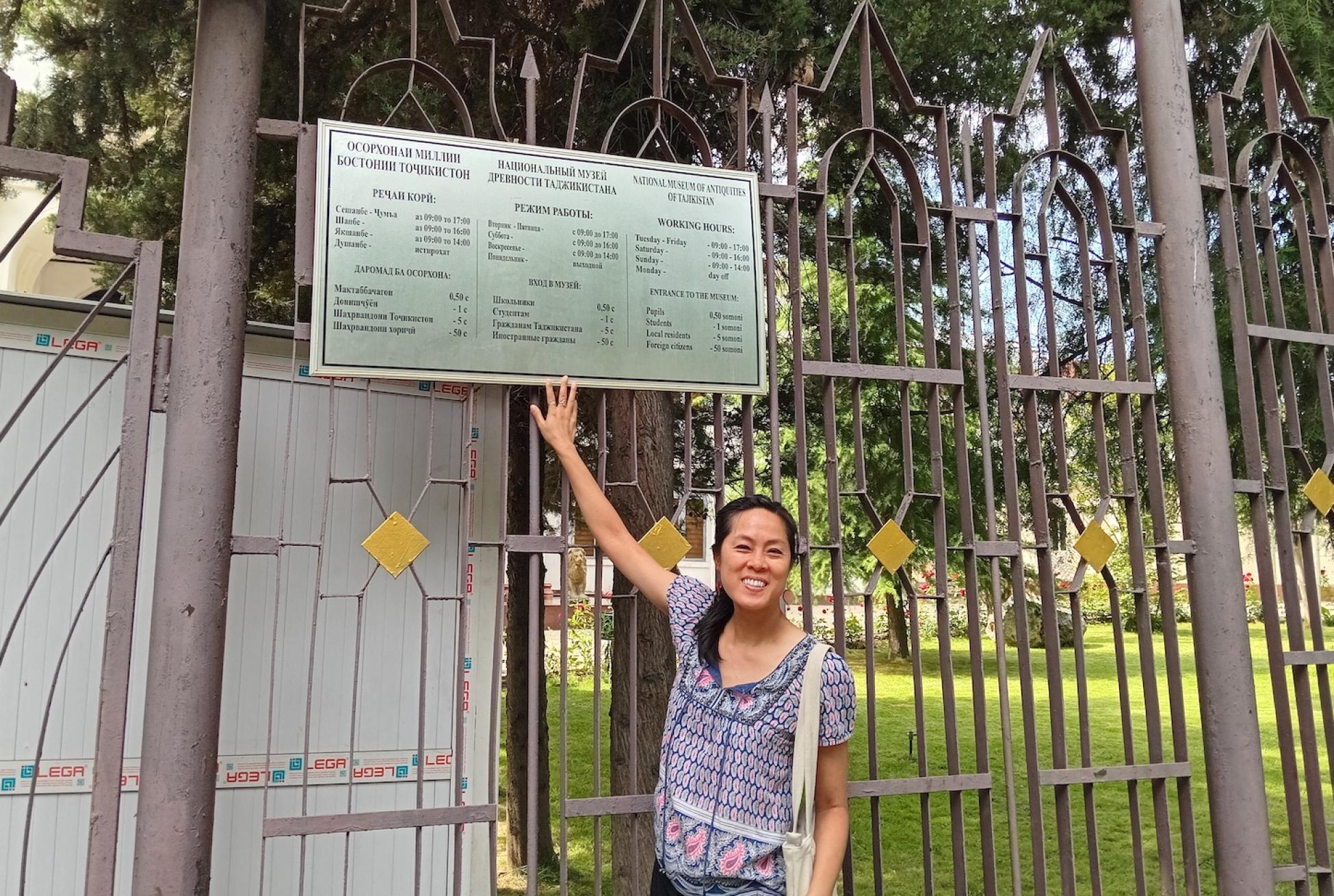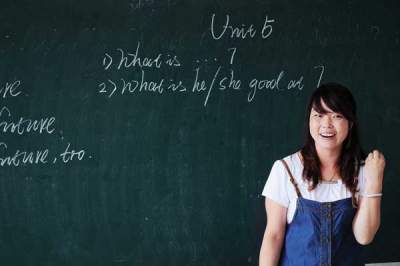One of the elements of living in Tajikistan that keeps me on my toes regularly is the bilingual environment.
For over a century, Tajikistan was under the Russian Empire, then the Soviet Union. As a result, while Tajik is the official language, Russian is the official business language and the two are blended often in the same conversation. With older generations of Tajiks, I resort to my broken Russian to communicate and I’ve noticed that they slide in and out of the two languages with ease.
However, with the collapse of the USSR in the early 1990s and the new government taking over after a five-year-long-civil war, there was a shift in national identity, including the Tajik language. This has disproportionately affected the younger generation of Tajiks, and every now and then, I’ll meet some that do not understand any Russian at all. The communication challenge then increases exponentially.
Tajik is also very new to the Google Translate app; according to my colleagues and local friends, there are so many errors in the translations that they are incomprehensible. I’ve needed to resort to translating into Russian for someone else who then translated verbally into Tajik for the intended person to get a message across.
This isn’t my first multilingual rodeo.
In Cameroon, I lived in Douala, the largest city in the country, which is rooted in the Francophone majority part of the nation. Two other regions (out of 10 total) are Anglophone, due to historical reasons. Like Canada and Switzerland, this regional distinction, where one language is used predominantly over another, made it significantly easier for me to stay in French mode. When I visited the Anglophone town of Limbe once, it was a bizarre mental shift to see signs in English again, and it was tough to stop speaking in French automatically, even though I just received blank shrugs.
This geographical linguistic separation isn’t found in Tajikistan. In Dushanbe, the capital where I live, it is common to find street signs, menus, or construction warnings in two or more languages. The side-by-side translations can be quite useful when learning one of them, although like Kurdish and Arabic when I lived in Iraq, one of the quickest lessons I had to teach myself was how to tell the two of them apart. Using nearly identical alphabets, Tajik and Russian have only a few tell-tale differences in their characters.
“The Frankenstein effect”
If that isn’t enough mental aerobics, my daily functional language has fused together in what a colleague has dubbed “the Frankenstein effect”. Like many locals, I also go back and forth between the two languages, though less intentionally than they do. Sometimes, one language will take the lead over another as a result of easier mental processing. For example, in Tajik, similar to Mandarin, the days of the week are directly linked to the numbers. “One”, “two” and “three” are “як” (yak), “ду” (du) and “се” (seh). Thus, “yak-shanbe” is Sunday, “du-shanbe” is Monday and “seh-shanbe” is Tuesday. This makes both sets of vocabulary easier to memorize, something my befuddled brain is immensely grateful for.
Other times, the relation to another language I know, sometimes confusingly, makes it stick more easily. I play volleyball weekly with an informal team of primarily local men, and only a handful of them know some English. One day, I was getting ready to return a hit and my teammate shouted out, “Soft!” so I gently tapped the ball and it ended up falling short of the net. When I caught my teammate’s eye, he looked at me frustratedly. I defensively pointed out that I just did what he told me to, and hit it “soft.” Another local teammate overheard me and grinned, “No, he said sakht, which means ‘hard’ in Tajik”. Similarly, after hearing “setka” repeatedly, assuming there was some connection to a “set” in volleyball, I finally asked what it meant—it turns out that it’s Russian for “net”.
Given that more foreigners will lean towards learning Russian over Tajik, due to the practicality and more widespread nature of the language, it’s not surprising that locals greatly appreciate when an expat does speak some Tajik. On a recent trip to Hissor, the centuries-old fortress 30km outside of Dushanbe, I was in a taxi returning to the city center and though friends had advised me the cost would be 10 somoni, the driver wouldn’t budge below 15 somoni.
Shortly after we started driving, the driver asked me if I was a tourist and I responded, in Russian, that I work in Dushanbe. When he wanted to know what kind of work, I switched languages, since the word for “teacher” is easier for me to pronounce in Tajik (“malima”). The driver laughed, glancing at me in surprise, and nodding silently in approval. When we arrived at the central taxi station, I obligingly handed over 15 somoni, but he only accepted the 10 somoni bill.
“Nay, nay, you Tajik!” I smiled back, pocketing the 5 somoni coin, and exited the taxi, vowing to work harder on my Tajik.
Add this article to your reading list




